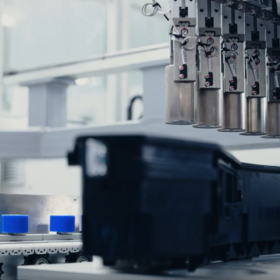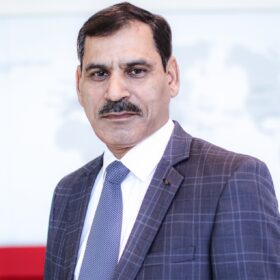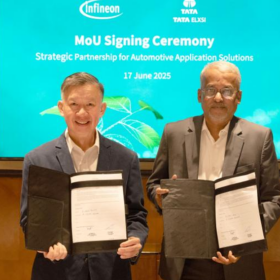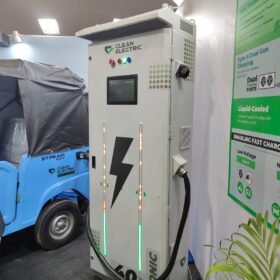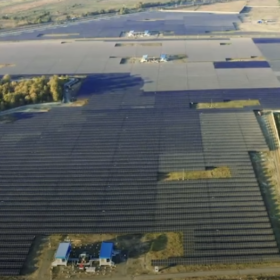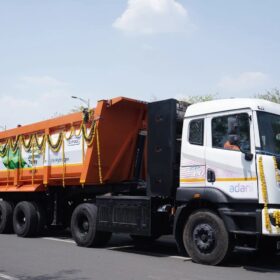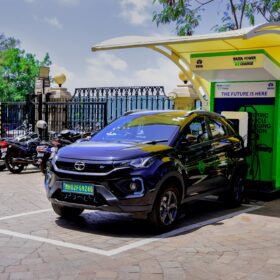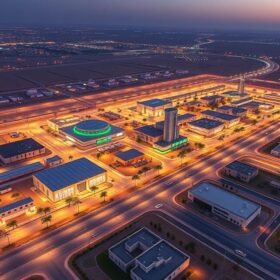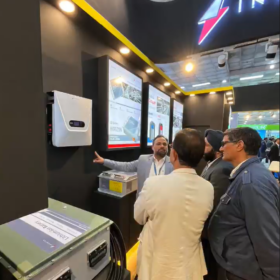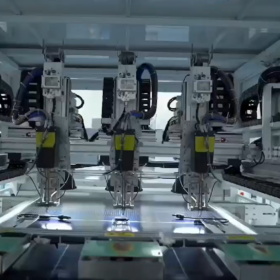Ola Electric targets full 5 GWh battery cell capacity by the end of FY2026
Ola Electric says at 5 GWh scale, the cost of making the battery cell in-house will be lower than procuring it from vendors.
India’s emerging role in EV battery recycling: Creating a circular economy
India is well-placed to advance the e-mobility circular economy in Asia against the backdrop of the fast-growing market and recycling strategies. Adopting the 5Rs—Reduce, Reuse, Repurpose, Remanufacture, and Recycle—can help in reducing resource depletion and waste.
The rise of cell-to-pack technology: What it means for two- and three-wheelers in India
India is home to one of the largest markets for two- and three-wheelers globally, and these segments play a crucial role in urban mobility, last-mile delivery, and short-distance logistics. However, current electric variants often face challenges related to weight, range, and cost—all of which cell-to-pack (CTP) technology addresses directly.
Tata Elxsi, Infineon partner to develop ready-to-deploy EV solutions
The partnership focuses on developing scalable battery management systems, bi-directional onboard chargers and other EV systems for two-wheelers, three-wheelers, passenger vehicles, and commercial vehicles in the Indian market.
Electric two- and three-wheelers already cheaper to own than petrol variants: CEEW
Electric two-wheelers have a lower total cost of ownership (TCO) of INR 1.48/km than INR 2.46/km for petrol models. Three-wheeler EVs cost INR 1.28/km versus INR 3.21/km for petrol.
India’s power demand to grow 6.0-6.5% over next five years, driven by EVs, data centres and green hydrogen: ICRA
Electric vehicles, data centres and green hydrogen are expected to contribute to 20-25% of the incremental power demand over the next five-year period from FY2026 to FY2030.
Adani Group deploys India’s first hydrogen-powered truck for mining logistics
Adani Enterprises, part of Adani Group, has launched India’s first hydrogen fuel cell-powered truck for mining logistics in Chhattisgarh’s Raipur district.
India to have 123 million EVs on roads by 2032 under National EV Targets scenario: IESA-CES report
To support the projected EV growth, India’s cumulative installed electric vehicle (EV) charging points—public and captive—will need to grow from around 76,000 in 2024 to between 0.9 million and 2.1 million by 2032, according to the report by India Energy Storage Alliance (IES) and Customized Energy Solutions (CES).
Erisha E Mobility secures $1 billion from UAE investor
Erisha E Mobility has secured $1 billion investment from a UAE-based investor to expand its operations in the UAE, Saudi Arabia, USA, Europe, and various African nations, in addition to strengthening its existing business in India.
Inverted to build 5 GWh fully automated battery factory in Rajasthan
Inverted has unveiled plans to establish a fully automated battery plant in Ghilot, Rajasthan, with an annual production capacity of 5 GWh. The 4-acre facility will produce battery solutions for four-wheelers, light commercial vehicles and battery energy storage systems.
